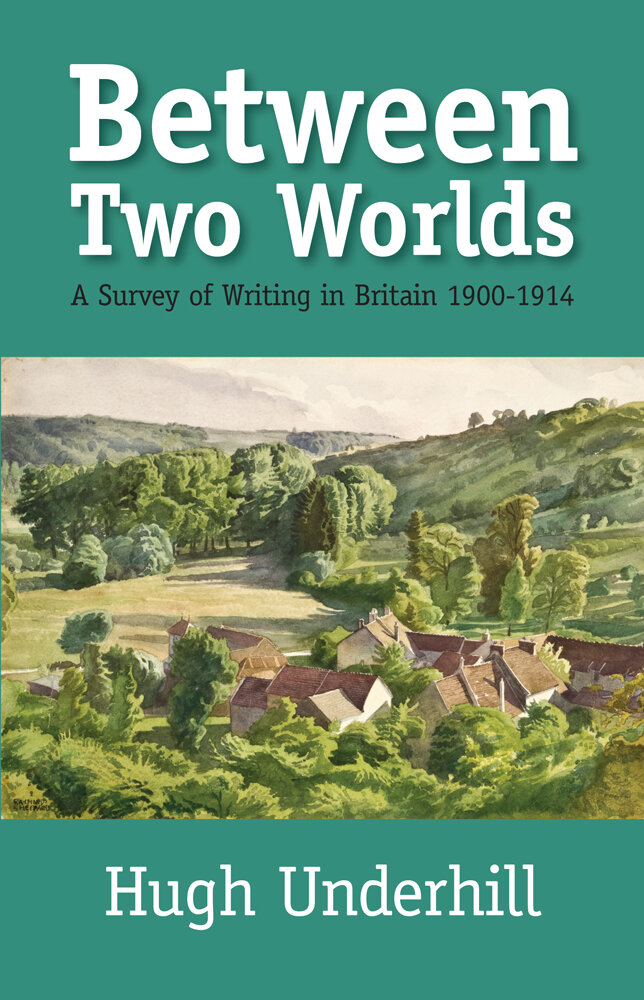Between Two Worlds: A Survey of Writing in Britain 1900-1914
In 1924 Philip Gibbs, one of the first 'war correspondents' in the modern sense, wrote in his book Ten Years After: A Reminder, 'One has to think back to another world in order to see again that year 1914 before the drums of war began to beat. It is a different world now ... 'A certain popular view has persisted of the Edwardian and pre-war Georgian period as a kind of swan-song to a past elegance and grace, and one of pleasure and freedom from anxiety.
The reality, along with, for many, the leisurely pace and settled way of life, was not only one of great intellectual and artistic excitement, but also of unrest, change and controversy. The first section of this survey, 'Britain 1900-1914: Hope, ferment and the abyss', looks at the political, cultural and economic elements of that ferment and the strains evident in British society: the reaction against Victorian attitudes, the pressure for social reform, the campaigns for women's suffrage and Irish Home Rule, the stirrings of Modernism and the move towards social realism in literature and the arts.
Underhill vividly demonstrates how these forces fed into the writing of the period. In the second section of the book, the work of the major authors of the period, Bennett, Wells, Conrad, Forster, Lawrence, Joyce, James, Shaw, Synge, Yeats, Hardy and Edward Thomas, is critically surveyed.
This is followed, in the final section, by a resume of the work and varying significance of other authors against which those major figures need to be seen.
About the author:
Hugh Underhill taught at universities in Hong Kong and Australia. He is author of The Problem of Consciousness in Modern Poetry (CUP, 1992), many critical articles and reviews, five collections of poetry, and a collection of short stories. He currently edits The Robert Bloomfield Society Newsletter.
188 pages
ISBN: 978-1-906075-55-2

